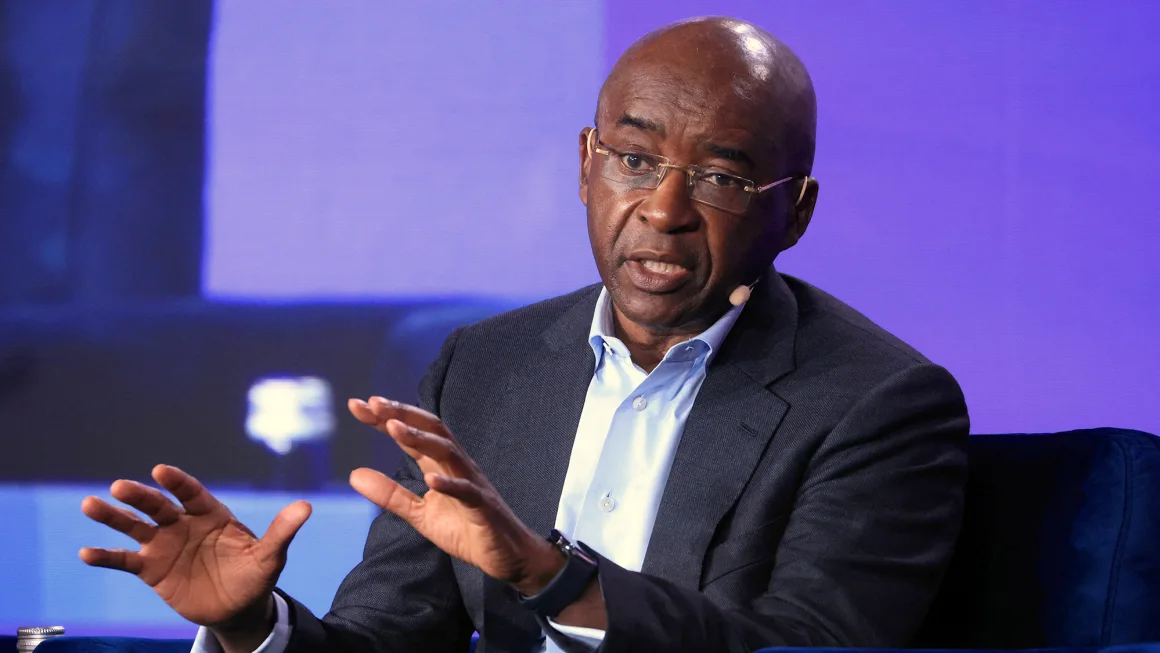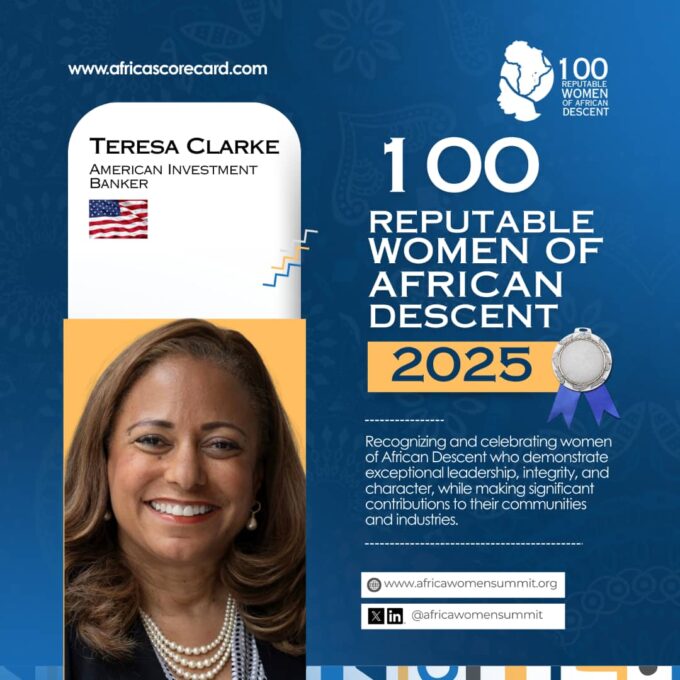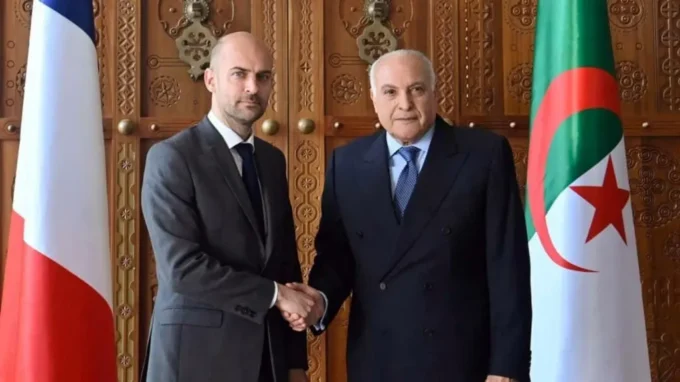Africa is on the brink of a technological breakthrough as Cassava Technologies announces plans to build the continent’s first artificial intelligence factory in partnership with leading AI chipmaker Nvidia. The announcement, made ahead of the Global AI Summit on Africa opening in Kigali, Rwanda, has sparked widespread excitement across the tech community.
Founded by Zimbabwean billionaire Strive Masiyiwa, Cassava Technologies is set to deploy Nvidia’s powerful GPU-based supercomputers at its data centers in South Africa as early as June, with further expansion planned across Egypt, Kenya, Morocco, and Nigeria. This development could significantly reshape Africa’s digital landscape by tackling one of the continent’s biggest obstacles in AI advancement lack of access to computing power.
For years, Africa has lagged behind in the global AI race, not due to a lack of talent or ideas, but because most developers have been denied the tools necessary for innovation. A study by Zindi, a community of over 80,000 AI practitioners across 52 African countries, revealed that only 5% have access to the computational power needed for serious research and innovation. Without access to high-performance GPUs, developers must spend far more time building solutions that their peers in the US or Europe can complete in a fraction of the time.
Strive Masiyiwa believes this AI factory will change that. In a statement, he said the new infrastructure would empower African businesses, startups, and researchers by providing local access to world-class AI technology. With Nvidia’s supercomputers supporting faster training and deployment of AI models, innovators across Africa will no longer have to rely on foreign cloud services or endure long data processing delays.
The initiative is expected to have a transformative impact across industries such as agriculture, healthcare, and financial services. Celina Lee, CEO of Zindi, described it as a game-changer that will democratize access to AI tools, making them more affordable and accessible to local developers. She emphasized that by reducing latency and costs, the local infrastructure would make it easier to develop and deploy solutions tailored to Africa’s unique challenges.
Access to Nvidia’s top-tier GPUs is no small feat. Some of these chips cost up to $40,000, making them out of reach for most Africans. In countries like Kenya, the price of a GPU equals roughly 75% of the GDP per capita. This has forced many innovators to rely on expensive foreign cloud platforms, which further strains access to resources and increases latency in AI operations. By bringing this technology to the continent, Cassava Technologies is offering a more sustainable and inclusive path for AI development.
The move is also expected to improve representation in global AI datasets. Currently, African languages, faces, and cultures are underrepresented, which leads to biased systems and less effective tools for local users. With greater access to infrastructure, African developers will be able to build datasets that reflect their communities more accurately, paving the way for more equitable technology.
While the announcement has been widely praised, experts caution that challenges remain. Unreliable power supply and limited internet connectivity could hinder the smooth deployment of AI systems across the continent. Additionally, many end users rely on low-grade smartphones, which may not be able to handle advanced AI applications. Despite these hurdles, the launch of Africa’s first AI factory is being hailed as a major step forward.
Alex Tsado, founder of the nonprofit Alliance4AI, sees this as a turning point. He noted that Africa’s tech ecosystem has long needed this type of investment. “Strive Masiyiwa’s announcement is the first big public commitment, and it could trigger other tech leaders to do the same,” he said. The hope is that this investment won’t just bring AI closer to Africans, but also put Africa firmly on the map as a global hub for innovation.














Leave a comment